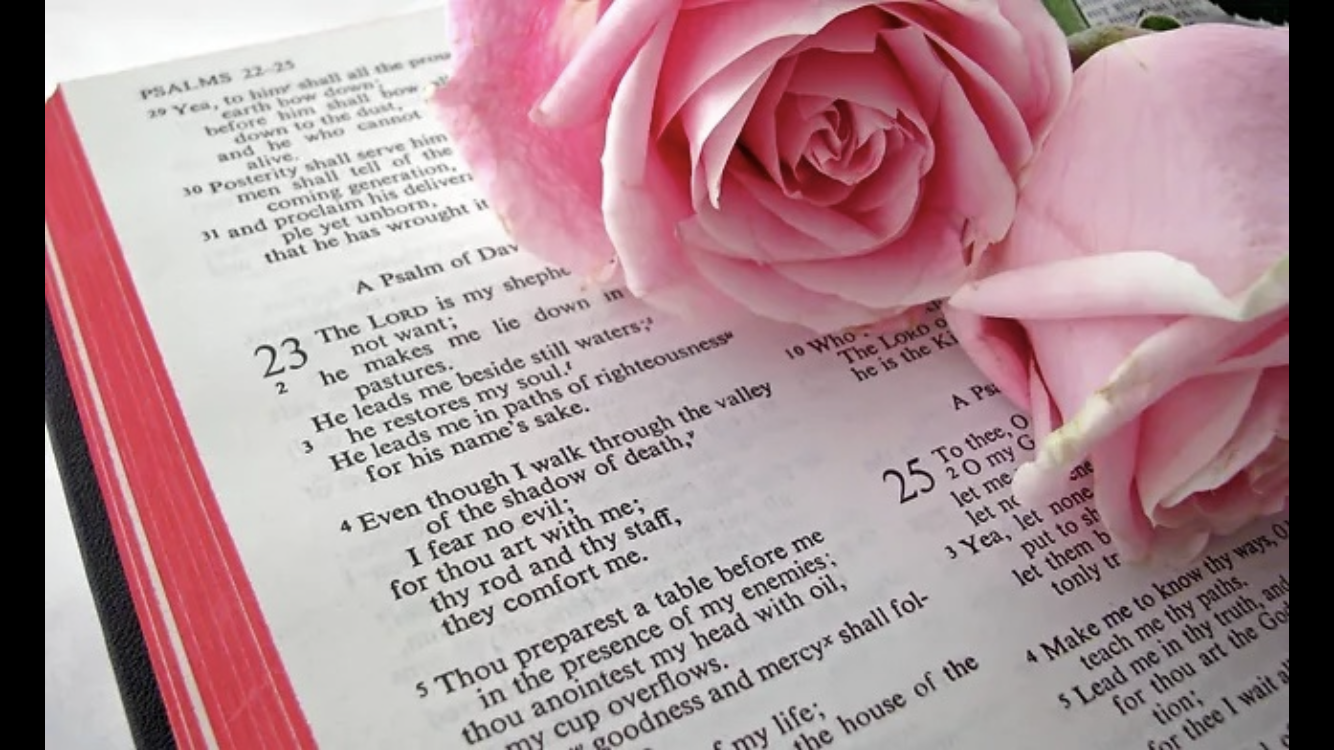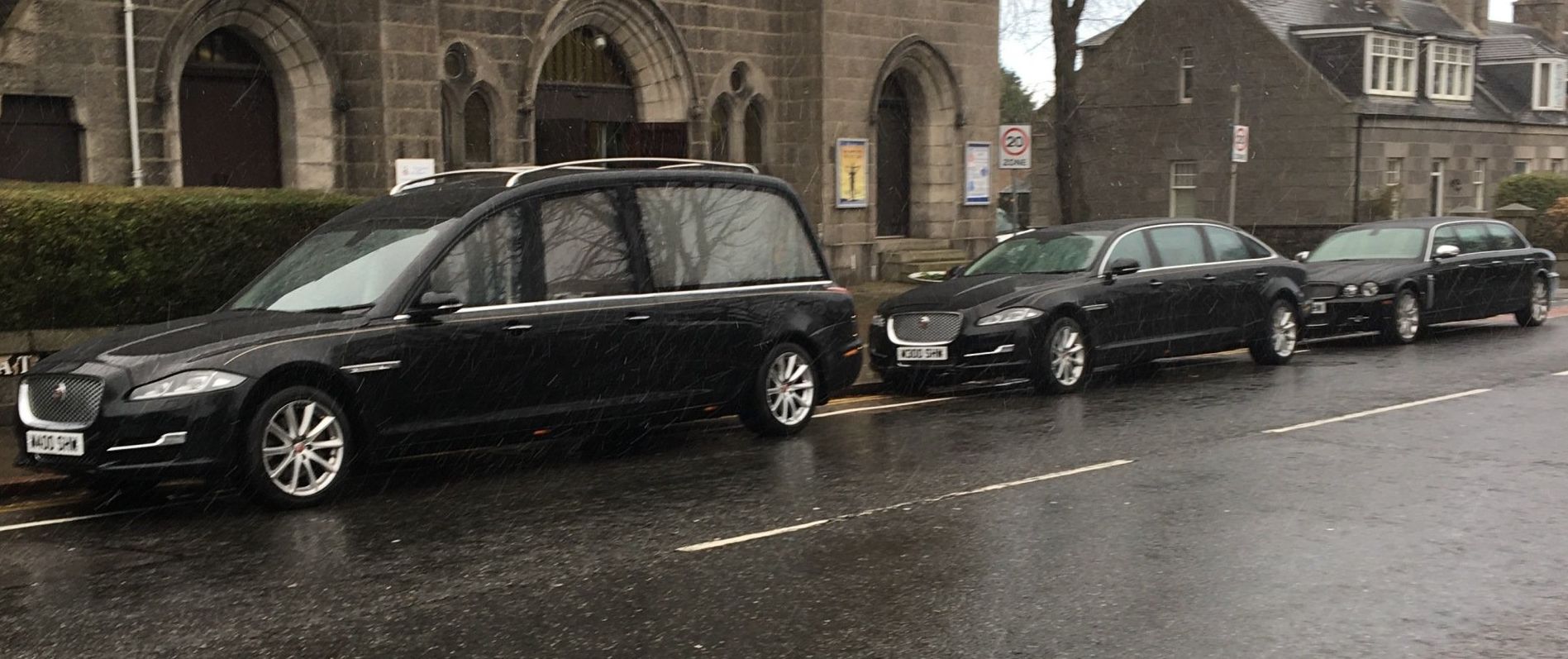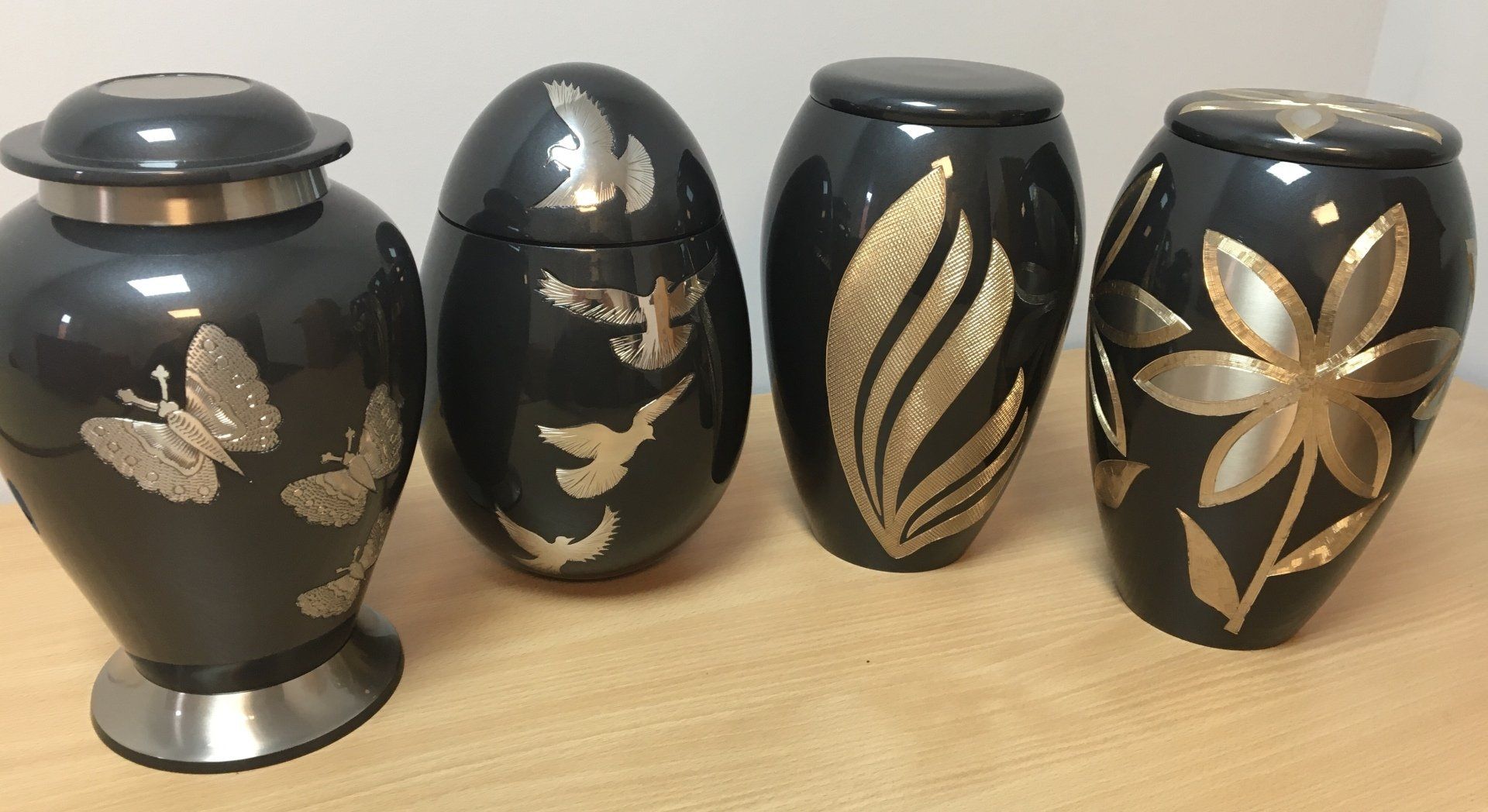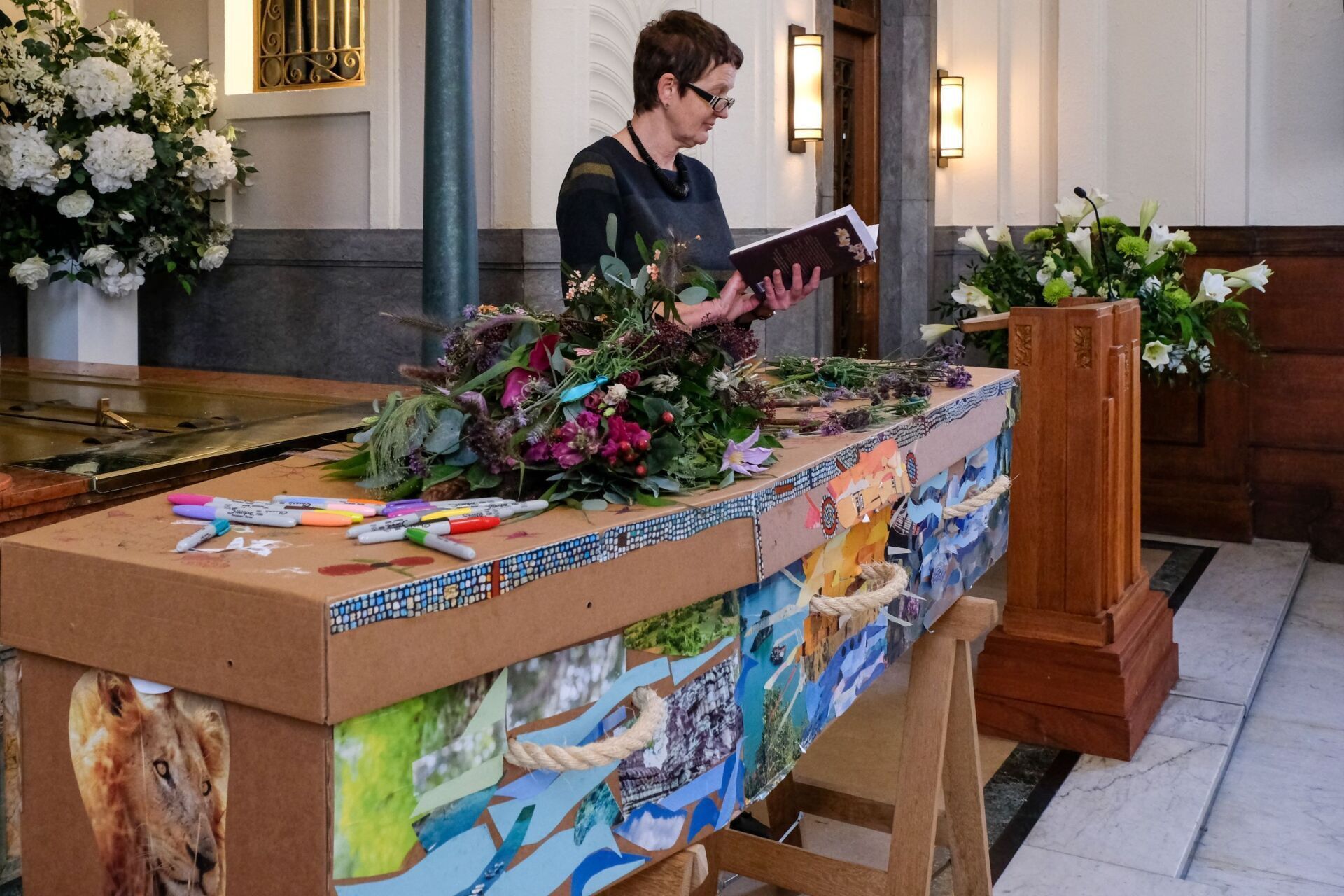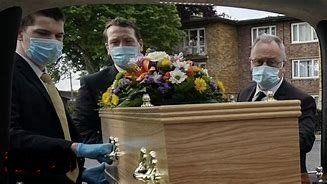Funeral Service Careers
Working within the funeral profession
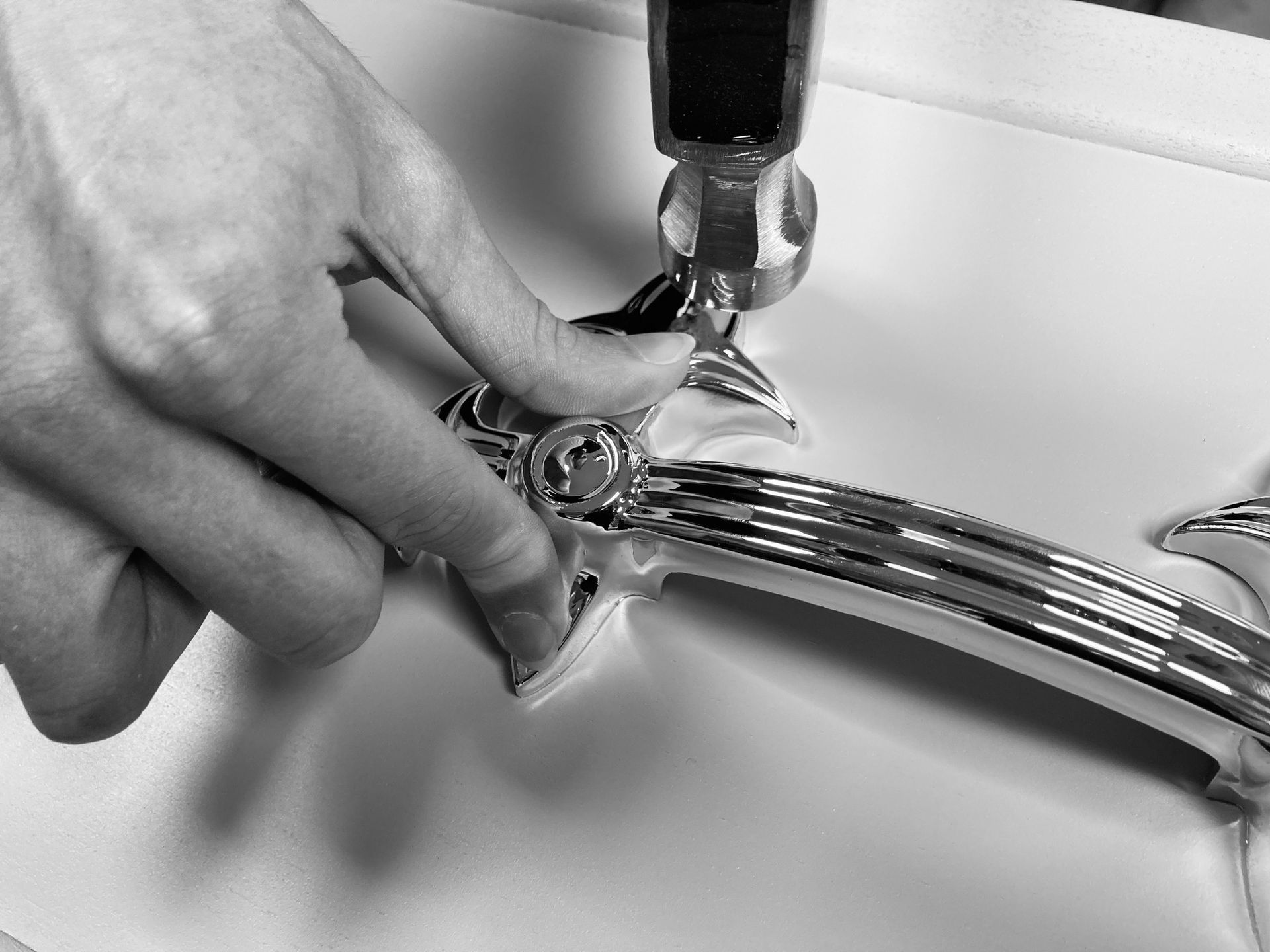
After a few years of working within the funeral profession, you become a little more used to the wide variety of reactions people have after asking what your job is!
Some are clearly uncomfortable, wishing they had not asked, and change subject with something of a backhanded compliment such as “well - someone has to do it”.
Others are fascinated, have a question to ask, want to know about particular aspects of our role (especially since COVID). Then there are those for whom thoughts come to mind of personal experiences at times of family bereavements – hopefully positive experiences of the help and support offered by our profession in the past.
For most within the funeral profession, we count our work as a great privilege and opportunity to make a real difference in peoples lives. It can be a tough role, physically and emotionally draining. Our work schedule varies week to week, with no two days being the same.
We are often approached by people with an interest in funeral work. Perhaps they have had personal experience, some work in roles where deaths are familiar such as care for the elderly and they are interested to be involved in the subsequent parts of the care journey. Opportunities for access to the funeral profession can however be limited.
As a small team, fortunately we have a relatively small turnover of staff, with most recruitment needs being to meet the increasing demands of the business. Occasionally, someone takes on a role to soon realise it is not for them. In fairness, you cant generally know how you will find it until you have first hand experience.
There are no formal routes of entry to funeral work. Most recruitment is done by local firms either growing their team or replacing staff who have moved on. Openings are often found in the practical elements of the business, ie care and transfer of deceased, vehicle preparation or attending funerals. Although Mark Shaw Funeral Services do not employ “funeral arrangers” (we ideally prefer funeral directors to see the whole process through from first meeting the client, till after the funeral) some firms will have openings for those solely involved with the administration and family contact in arranging a funeral.
Because we are on call on a 24 hour basis, it is necessary to have staff who can provide this service. Realistically, anyone joining the profession may well be asked to be part of a 24 hour on call rota. It is undoubtedly a challenge for modern lifestyles, but an essential part of what we do.
Surprisingly to many, there are no mandatory qualifications required. Most learning is done “on the job”. The work does require a lot of accumulated local knowledge and so much of what we do is based on knowing our local area rather than national procedures. (These requirements will likely change however with the approach of government licensing.)
There are however different routes to achieve the formal qualifications. Given our location in North East Scotland, and the daily working needs of the business, we have found The Independent Funeral Directors College (run by SAIF) to offer a thorough and flexible learning route which allows much of the work to be done at distance. Various modules can in time lead to a Certificate in Funeral Practice. Training within the specialist role of embalming would be achieved through the British Institute of Embalmers.
So what are some of the key attributes for the funeral profession? We are dealing with a complete cross section of our community. It is therefore important to be able to work along with and support families from all walks of life, society religious background and culture. Diplomacy and confidentiality are important as we can work in challenging family situations or by privy to confidential information.
We are involved with the physical lifting and transfer of the deceased which can be heavy work. A driving licence is usually necessary. Background checks may be carried out and attention to detail and accuracy are vital. As with many work places, no one in a funeral team does all the work themselves. We rely on good team work and communication to make sure that everyone is making an effective and valuable contribution to the smooth running of the business, family liaison, mortuary care, maintenance and presentation of facilities, and administration.
As the years have gone by, the range of services and options which people have for funerals has grown. More varied choices for coffins, vehicles, and other aspects of personalisation, changing technology, especially with media presentation and streaming and not to mention a broader range of styles of funeral ceremony. The advent of direct cremation has simplified some funerals, while others become more involved and complex. The historic normal that a funeral would take place in three to four days seems long gone. The internet and social media mean that families will often have researched and know what they want before they come to us. These are all good progressions, but also bring changes to the requirements of the profession.
Our job is a true privilege, seen by many as a calling or vocation. Like most things in life, you get out what you put in, and for those who invest and commit to their career in funeral service, hopefully they will find it a rewarding journey. If a family take time to tell us after a funeral that we helped make a difficult time a little easier, then we know we have done our best.
